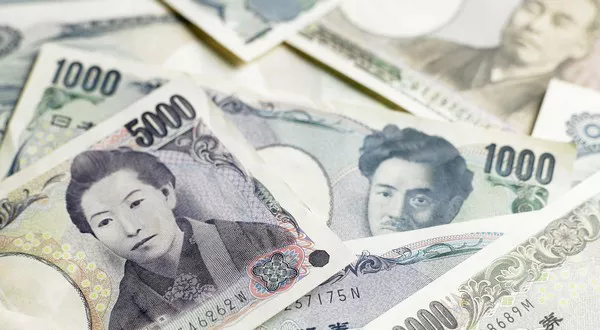The global foreign exchange market is a complex ecosystem where currencies fluctuate in value, influenced by a myriad of economic, political, and market factors. In recent times, the Japanese Yen (JPY) has experienced a notable period of weakness, prompting market participants to delve into the underlying reasons behind this phenomenon. In this article, we will dissect the key factors contributing to the weakness of the Japanese Yen and analyze their implications.
Economic Indicators and Monetary Policy:
One significant factor influencing the strength or weakness of a currency is the overall economic health of the country it represents. In the case of the Japanese Yen, several economic indicators play a crucial role in shaping market sentiments.
Japan has long grappled with deflationary pressures, prompting the Bank of Japan (BoJ) to implement unconventional monetary policies. Persistent low inflation and a slow economic growth trajectory have led the BoJ to maintain a loose monetary policy, characterized by ultra-low interest rates and extensive quantitative easing programs. While these measures aim to stimulate economic activity, they have inadvertently contributed to the depreciation of the Japanese Yen.
Furthermore, the interest rate differential between Japan and other major economies, particularly the United States, has widened. The Federal Reserve’s decision to normalize interest rates has attracted global capital flows toward the U.S. dollar, resulting in a relative weakness of the Japanese Yen.
Global Trade Dynamics:
Japan is an export-oriented economy, and the performance of its currency is intricately linked to global trade dynamics. The Japanese Yen tends to weaken when there is a surge in global risk appetite, as investors seek higher-yielding assets in other markets.
The ongoing trade tensions between major economies, such as the United States and China, have created an environment of uncertainty that adversely impacts Japan’s export-oriented economy. The depreciation of the Japanese Yen can be viewed as a response to these uncertainties, as investors seek refuge in more stable and higher-yielding currencies.
Furthermore, the COVID-19 pandemic has disrupted global supply chains, leading to a decline in Japan’s export-dependent industries. This economic downturn has placed additional pressure on the Japanese Yen, making it more susceptible to weakness.
Fiscal Policies and Government Debt:
Japan’s fiscal policies and the country’s staggering level of government debt are additional factors contributing to the weakness of the Japanese Yen. The Japanese government has been grappling with a persistent budget deficit, necessitating significant borrowing to fund its expenditures.
The high level of public debt relative to the country’s GDP raises concerns about Japan’s long-term fiscal sustainability. Investors, wary of potential fiscal challenges, may divest from the Japanese Yen in favor of currencies perceived as more fiscally sound.
Political Uncertainties:
Political stability is a crucial element in shaping investor confidence and currency strength. Japan has experienced a degree of political uncertainty in recent years, with changes in leadership and shifts in policy directions.
Political instability can create uncertainty among investors, leading them to seek safer assets, often at the expense of the domestic currency. The perceived lack of clarity in Japan’s political landscape may contribute to the weakness of the Japanese Yen as investors adopt a more cautious stance.
Market Sentiments and Speculation:
Currency markets are highly influenced by market sentiments and speculative activities. Traders often engage in carry trades, where they borrow in a low-yielding currency to invest in a higher-yielding one. Japan’s ultra-low interest rates have made the Yen a popular funding currency for such carry trades.
When global market sentiments are positive, and risk appetite is high, investors are more inclined to engage in carry trades, putting downward pressure on the Japanese Yen. Conversely, during periods of heightened risk aversion, the Yen may experience temporary strength as investors unwind carry trades and seek safe-haven assets.
See Also How To Buy Japanese Yen: A Simple Guide
Conclusion:
The weakness of the Japanese Yen is a multifaceted phenomenon influenced by a combination of economic, geopolitical, and market factors. Japan’s economic challenges, loose monetary policies, global trade dynamics, fiscal concerns, political uncertainties, and market sentiments collectively contribute to the Yen’s depreciation.
Understanding the intricacies of these factors is essential for investors, policymakers, and market participants to navigate the complexities of the foreign exchange market. As the global economic landscape continues to evolve, staying attuned to the dynamic forces shaping the Japanese Yen’s strength or weakness remains critical for making informed decisions in the financial markets.


